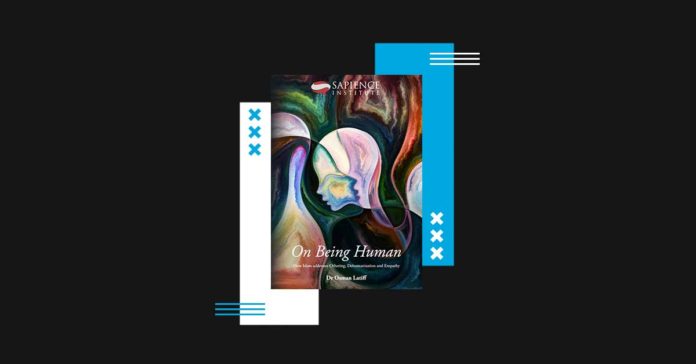This book seeks to understand the Muslim’s role in a world of sometimes discordant relations festered by attitudes of othering and dehumanisation. It shows that such attitudes, fuelled by hate, impinge upon a conviviality, harmony of existence and mutual understanding between peoples – as reflected in the Qur’ānic paradigm. The book breaks down codified concepts in an accessible way to the uninitiated reader, marrying together sociological constructs with real and illuminating examples from the Qur’an and Prophetic tradition.
Numerous, varied, historical and contemporary examples are used from many different fields to demonstrate key points throughout the book, giving the reader a glimpse into the depth and breadth of history, literature, spirituality, conflict studies and how these concepts have manifested themselves across all these fields in relation to discourses of othering, dehumanisation and empathy. This book calls on us to attempt to see one another without the stereotypes, the walls, the distance both physical and cultural, that mar our perceptions of each other. Inspired by the Prophetic empathy, the book provides guidelines on bridging between communities and suggests direct lessons for the reader to take.









